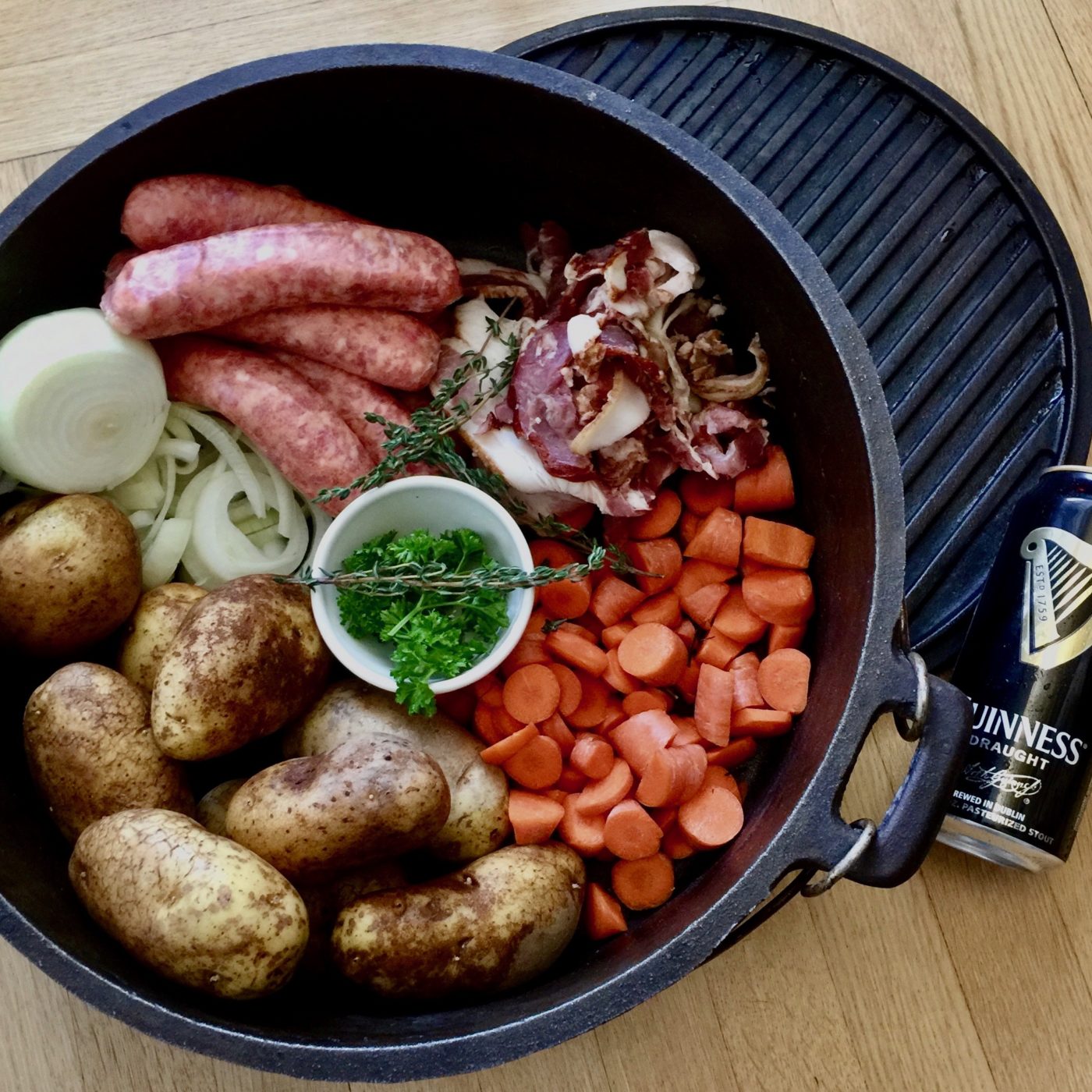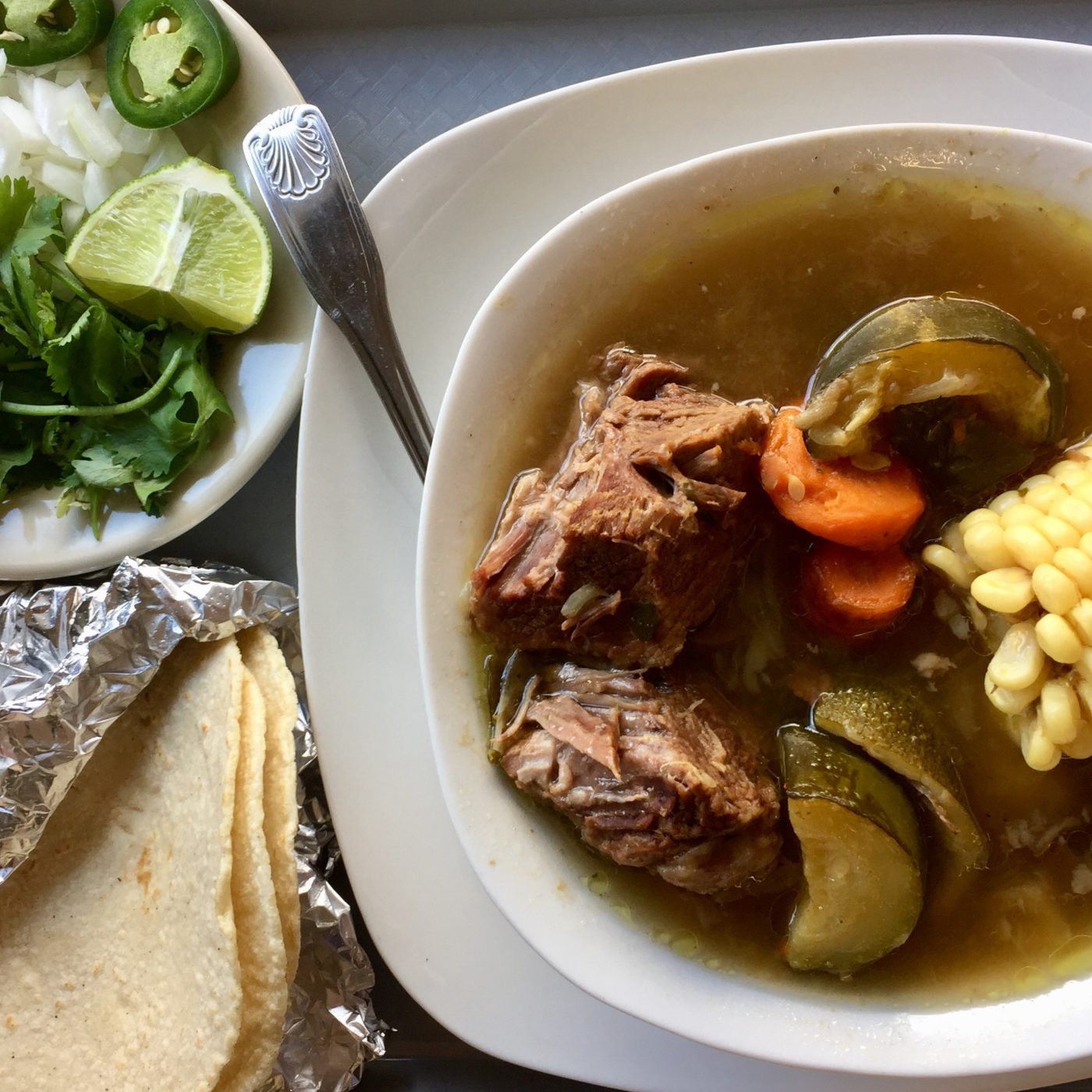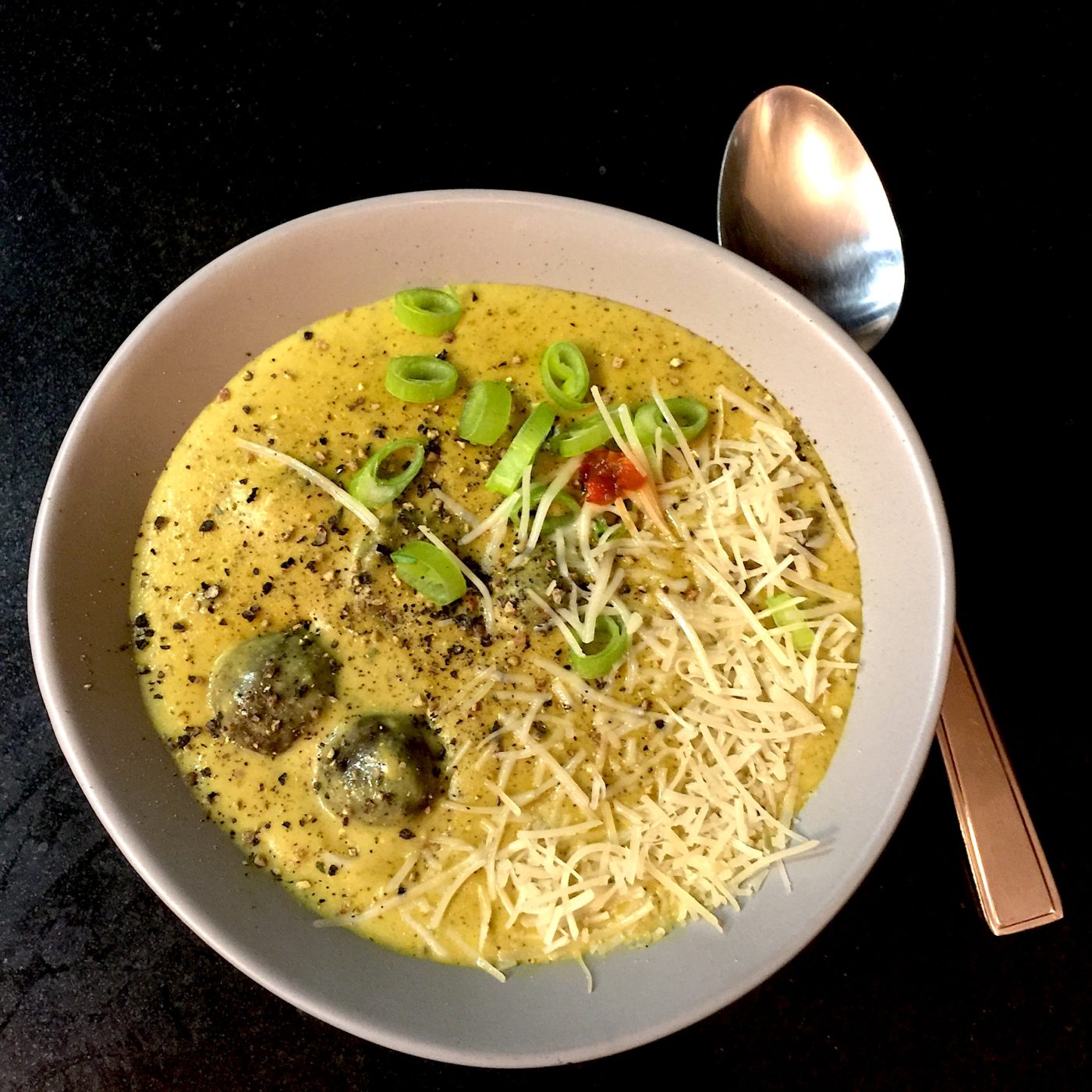Episode Transcript
[00:00:02] Ottavia: Welcome to peace, love and soup leftovers. Sometimes you never know where the conversation's going to lead when you're doing an interview. In episode 22, fit for a Queen, we chatted with Laura Stanfill, whose publishing company, Forest Avenue Press, champions underrepresented voices. Here's a continuation of our conversation, specifically focusing on neurodivergent minds. And because peace, love and soup loves to pair music with every meal we serve, even the leftovers, we decided to include me with my good friend and piano player Franco Giannulla singing Santa Lucia, which David Ciminello references throughout his book the Queen of Steeplechase park. Enjoy.
[00:01:15] Ottavia: I have a secret. In addition to peace, love and soup, I co founded Mirador magazine specifically for the enjoyment of neurodiverse audiences and their communities. So when I say neurodivergent or non neurotypical, that could be somebody who's had brain trauma, a concussion, or varying forms of dementia, lewy body, young onset Alzheimer's, etcetera. It could be somebody who has add or what we call adhd now, even people on the autism spectrum. So on this neurodiverse piece, I did read your essay Birdsong in the key of brain injury, and I'm wondering, how long ago did you write that?
[00:01:58] Laura: I wrote it before the pandemic. I wrote a draft in about nine months, gave it to my agent. She said, I love the language, but I don't hear your voice in it. And I thought that was so fascinating because I wanted to get the experience of being a highly sensitive individual with a brain that works differently on the page. And I wanted the reader to understand how loud the world is for somebody who is neurodivergent. And so that came across, but she didn't know what to do with it.
A lot of the times when I write characters who feel like people that I relate to and people I would know personally, that outside readers, perhaps neurotypical editors or agents, look at them and think that they're very young or I. The storytelling is too loopy, and I think there's a lot of room in the world for stories that don't fit an a to b, b to c, c to d kind of trajectory. And conversation certainly, like this, has been delightful. I love that. It's like a stew of conversational topics and book talk. And that's the kind of thing that my neurodivergent brain really loves.
[00:03:15] Ottavia: And that's because Brian and I are neurodivergent. And Laura, you don't hide the fact that you have a non neurotypical brain and have had from the beginning, but then you had this brain injury. When did that happen? In what year?
[00:03:31] Laura: That was 2014, and it was a strange time. I lost a year of my life to it. I fell on the ice at my kids school, and I remember my preschooler would bring home drawings, and they would be basically big scribbles with a circle, and she would say, I drew another picture of mommy's broken brain.
And I look at those drawings now and think, oh, that also is kind of a representation of how my brain works on the regular.
And so, yeah, I just went through this path of self discovery after my brain injury. It gave me a way to quantify it. I definitely didn't know that I was neurodivergent early on. Once I started going down the path of understanding this, I looked at my dad and my mom, too, and I was like, oh. And I looked at my children and I was like, oh, okay, what's the o okay, just understanding. All of us have brains that work in different ways, and none of us have a standard issue operating model that works on the manual to tell you how you're supposed to be in the world. And I if you're neurotypical, you understand all the rules, when to speak and when to wait. And if you're not, maybe you start learning a couple of the rules, but they don't really make sense.
After a couple years recovering, finding language again, I started acknowledging, oh, this was there all along. And that became very freeing for me.
[00:05:00] David: What a gift.
[00:05:02] Laura: I think your brain is remarkable, David. It's a joy to read your work, how you were able to use your imagination and use your love of delicious cooking and your personal family history to create a masterpiece.
It's not a book that is, anyway, cookie cutter. It's not a book that can be guessed at. It takes you in surprising, magical ways. Your sentences really spoke to my neurodivergent brain because of the expansiveness of it and the playfulness. And I think that's what I'm looking for always as a reader and as a publisher.
[00:05:40] Ottavia: That reminded me of these throw ins. Here's the song that the person's hearing, Santa Lucia. And then all of a sudden, the mind jumps back to a moment in that person's life when life is happening.
[00:05:54] David: Yeah, just putting Clarion calls or repeating choruses, needling them through the patchwork quilt of the story. These little throwbacks to Santa Lucia and Papa catch me and various things like that.
[00:06:09] Laura: We don't ever walk into a room without these pieces inside our brains and inside our hearts. Like, I walk into this beautiful space here, and that triggers a thought or a sensory moment in my life or reminds me of the den that I had in New Jersey as a child. I would go into the den and I would lie down on a really scratchy carpet and read a book. We had these old Tudor windows with metal bars between the wavery glass. I love the light in there. So I walk into your space and I see the light and I carry that with me. Even though I'm not thinking about it specifically, it's still present with me. And I think that's what you do when you put that kind of poetry on the page. It's a really brave kind of storytelling. David, thank you.
[00:06:56] Ottavia: I second that.
[00:06:57] Brian: That's the dangerous writer in you.
[00:06:59] David: Brave on the page.
[00:07:09] Brian: Thank you for listening to peace, love & soup.
[00:07:11] Ottavia: Leftovers with Brian Delaney and Tave Fashe Drake. For more information about today's show, visit.
[00:07:18] Speaker E: Us on our website, peaceloveandsoup.com.
[00:07:21] Speaker A: Please like us on Facebook and follow us on Instagram at peacelove and soup.
[00:07:26] Ottavia: Santa Lucia.
Santa Lucia.
Santa Lucia
Santa Lucia


